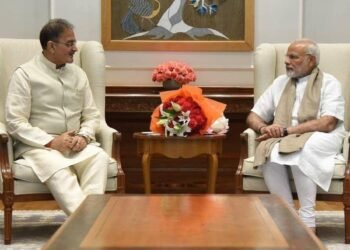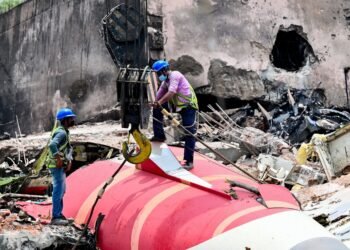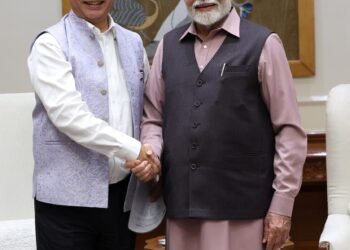Families in Sambavarvadakarai, Tamil Nadu, barred from accessing basic services after supporting a legal case against land encroachment. NHRC steps in.
BY PC Bureau
The National Human Rights Commission (NHRC), India, has taken suo motu cognisance of the reported ostracisation of 30 individuals from eight families in Sambavarvadakarai town, Tenkasi district, Tamil Nadu. The commission has issued a notice to the District Collector of Tenkasi, demanding a detailed report on the incident within two weeks.
Ostracisation Over Land Dispute
According to media reports, the incident stems from a land dispute involving a local family that had filed a legal case against a man for allegedly encroaching on their property. In retaliation, the village chief imposed a social boycott on the family, barring them from accessing local stores, public services, and interacting with other villagers. When seven other families supported the affected family, they too were subjected to the same punitive measures.
ALSO READ: Telangana student found dead in US; Indian embassy condoles death
On February 20, 2025, the ostracised families staged a protest outside the Tenkasi District Collector’s office to demand justice. However, instead of addressing their grievances, local authorities arrested all 30 protesters.
NHRC Intervention
Taking note of the incident, the NHRC has stated that if the reported facts are true, this represents a serious violation of human rights. The commission has sought an explanation from the District Collector regarding the authorities’ handling of the situation.
ALSO READ: Virat Kohli ‘Knew’ About Steve Smith’s Retirement?
Reports indicate that rather than taking action against the village chief, the Revenue Divisional Officer (RDO) attempted to mediate a resolution through a peace dialogue, which failed to overturn the social boycott.
Background: Caste and Land Conflicts in Tamil Nadu
Land disputes are a longstanding issue in Tamil Nadu, often entangled with caste-based discrimination and socio-political tensions. In many rural communities, village councils (panchayats) and local leaders wield significant authority, sometimes enforcing unofficial but strict social penalties on individuals who challenge their decisions. Social boycotts have been used as a tool of coercion in various parts of the state, restricting access to essential services and isolating victims.
In recent years, Tamil Nadu has witnessed several cases of social ostracisation, particularly against Dalits and marginalized groups, when they attempt to assert their rights over land or legal matters. Human rights activists have repeatedly urged the government to take stricter action against such practices, which violate constitutional rights and fundamental freedoms.
The NHRC has assured that it will monitor the situation closely and take necessary action based on the district administration’s response. The affected families continue to demand justice, urging the state government to hold the village chief accountable and ensure their reintegration into society without fear of further discrimination.













